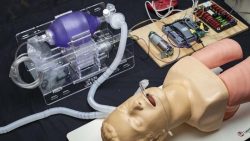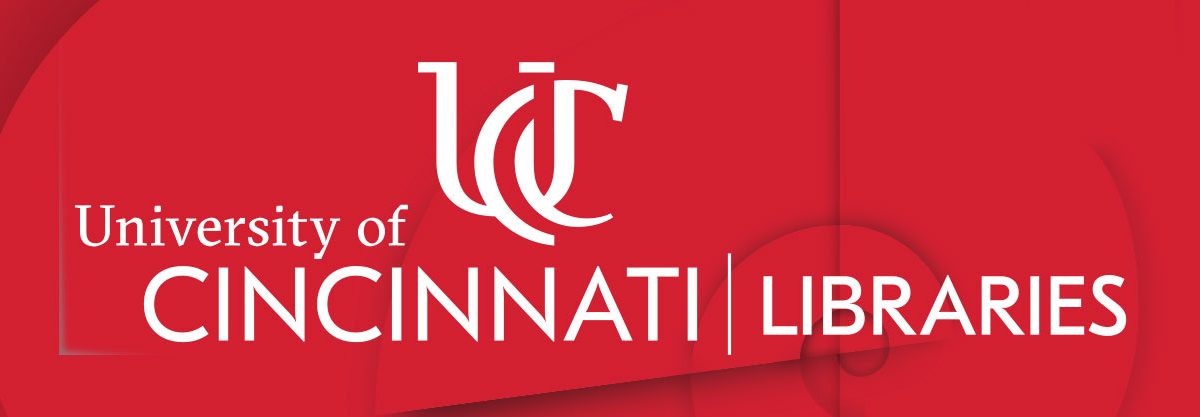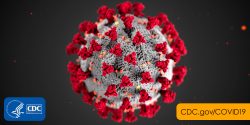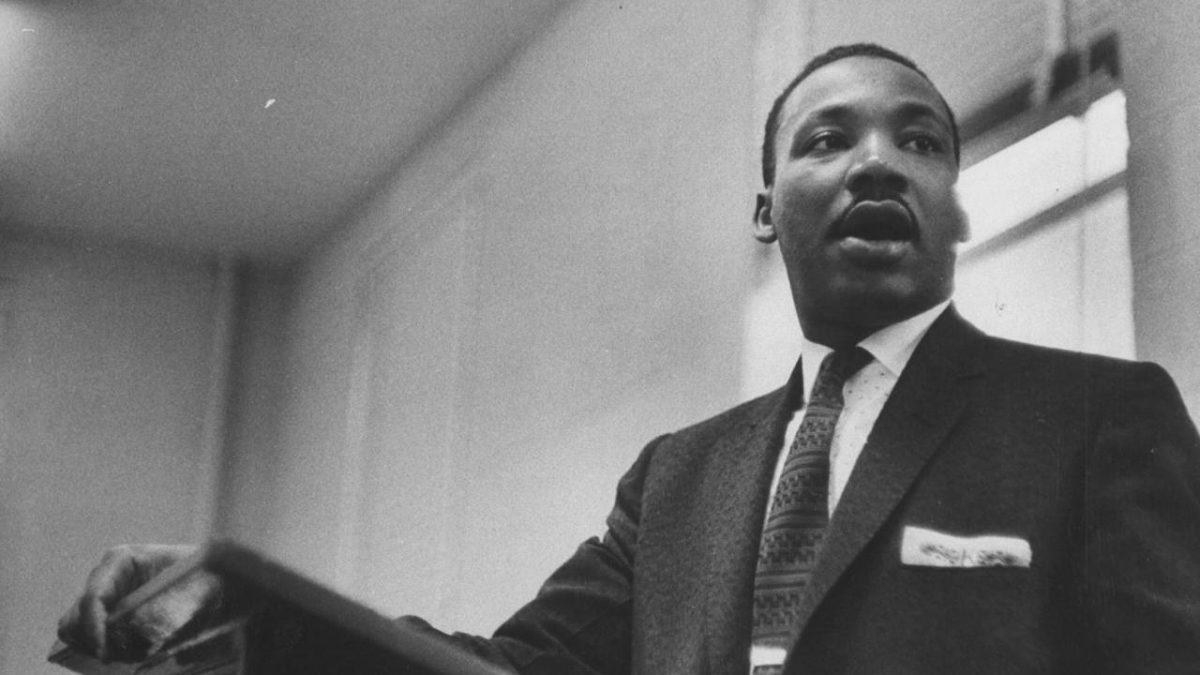Request library materials by 9:00 am Wednesday for Thursday pickup at select locations.
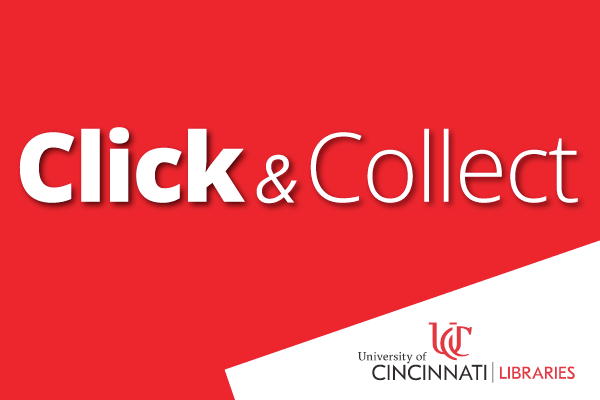 Beginning immediately, the University of Cincinnati Libraries is providing users with phased access to print collection materials in order to support UC teaching and research.
Beginning immediately, the University of Cincinnati Libraries is providing users with phased access to print collection materials in order to support UC teaching and research.
The Click & Collect retrieval and pickup service allows UC users to request printed library materials in the Library Catalog for pickup at designated locations. Requests made by 9:00 AM Wednesdays will be available for pickup between noon – 4:00 PM on Thursdays. Due dates have been automatically set for August 10.
At this time, Click & Collect is available for print collections in the Albino Gorno Memorial (CCM) Library, the Robert A. Deshon and Karl J. Schlachter Library for Design, Architecture, Art and Planning (DAAP), the Donald C. Harrison Health Sciences Library and to some degree the Archives and Rare Books Library (see details below).
Plans to expand the Click & Collect library collection retrieval service are underway for other library locations and will be announced soon. Continue reading

 While all UC Libraries’ physical locations remain closed until further notice, we are finalizing plans to provide users with access to print collection materials in order to support UC teaching and research.
While all UC Libraries’ physical locations remain closed until further notice, we are finalizing plans to provide users with access to print collection materials in order to support UC teaching and research.
